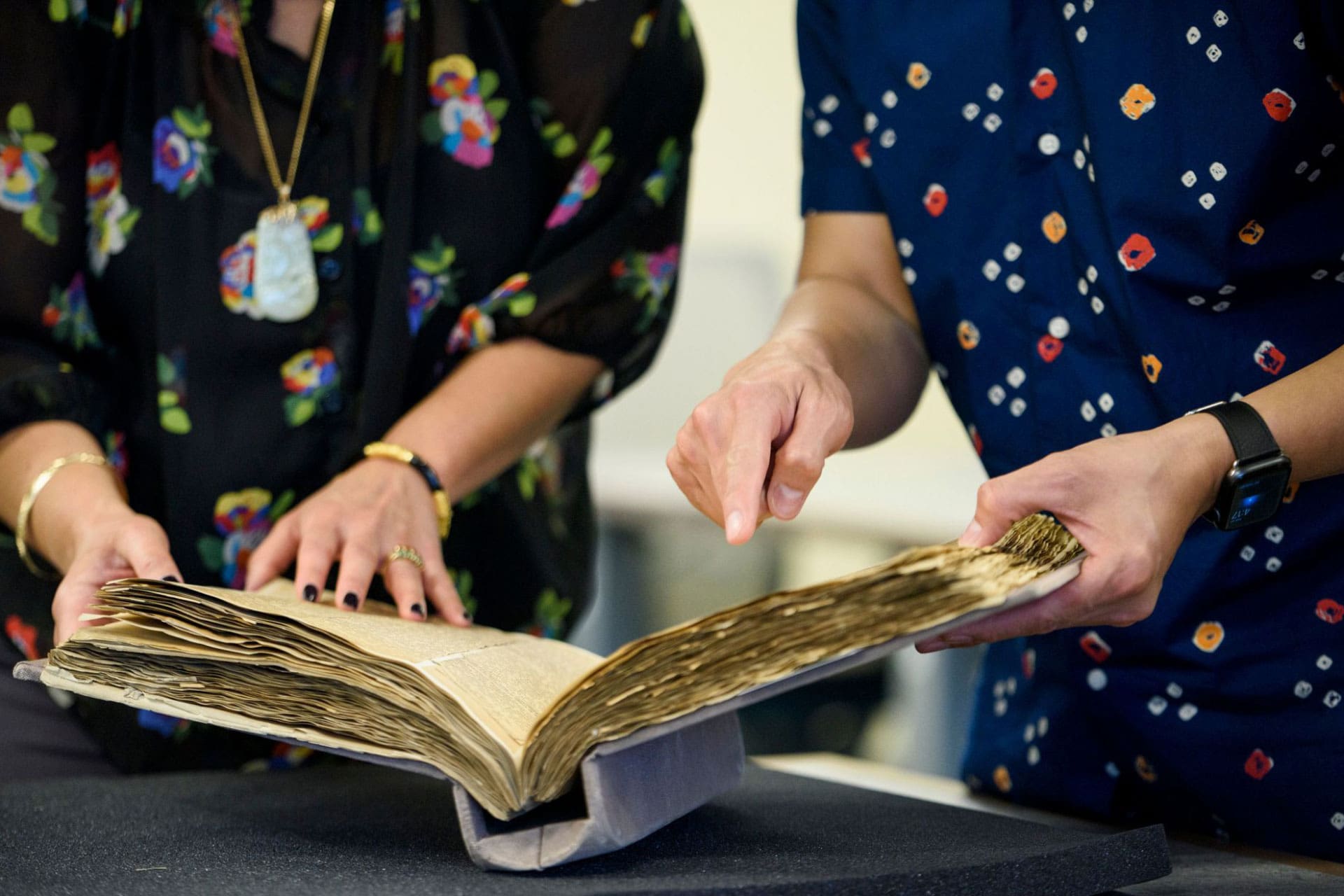
Photo Credit: Jeffrey M. Smith/U-M School of Information
The Toolkit is a dynamic hub of adaptable and practical resources designed and curated by ReConnect/ReCollect: Reparative Connections to Philippine Collections to develop culturally-responsive and historically-minded approaches to the stewardship of the University of Michigan’s Philippine collections. We hope that other institutions with Philippine collections might find it useful.
Rooted in a commitment to reparative curation, connections to community, and scholarship, this collective endeavor includes tools that empower individuals and institutions to engage in reparative work and contribute to the vital process of reclaiming, rethinking, and revitalizing cultural heritage stewardship.
Reparative Curation

Reparative curation is an approach to managing cultural and historical collections that seeks to address historical injustices, colonial legacies, and systemic biases associated with those collections.
As part of this effort, ReConnect/ReCollect conducted a comprehensive inventory of the Philippine collections on campus, which involved uncovering unprocessed materials, identifying instances of harm across various levels of curation (from acquisition to utilization), and formulating recommendations for repair. These recommendations encompassed revisions to item-level descriptions, finding aids, and access systems, among other aspects.
Explore the Reparative Curation Toolkit:
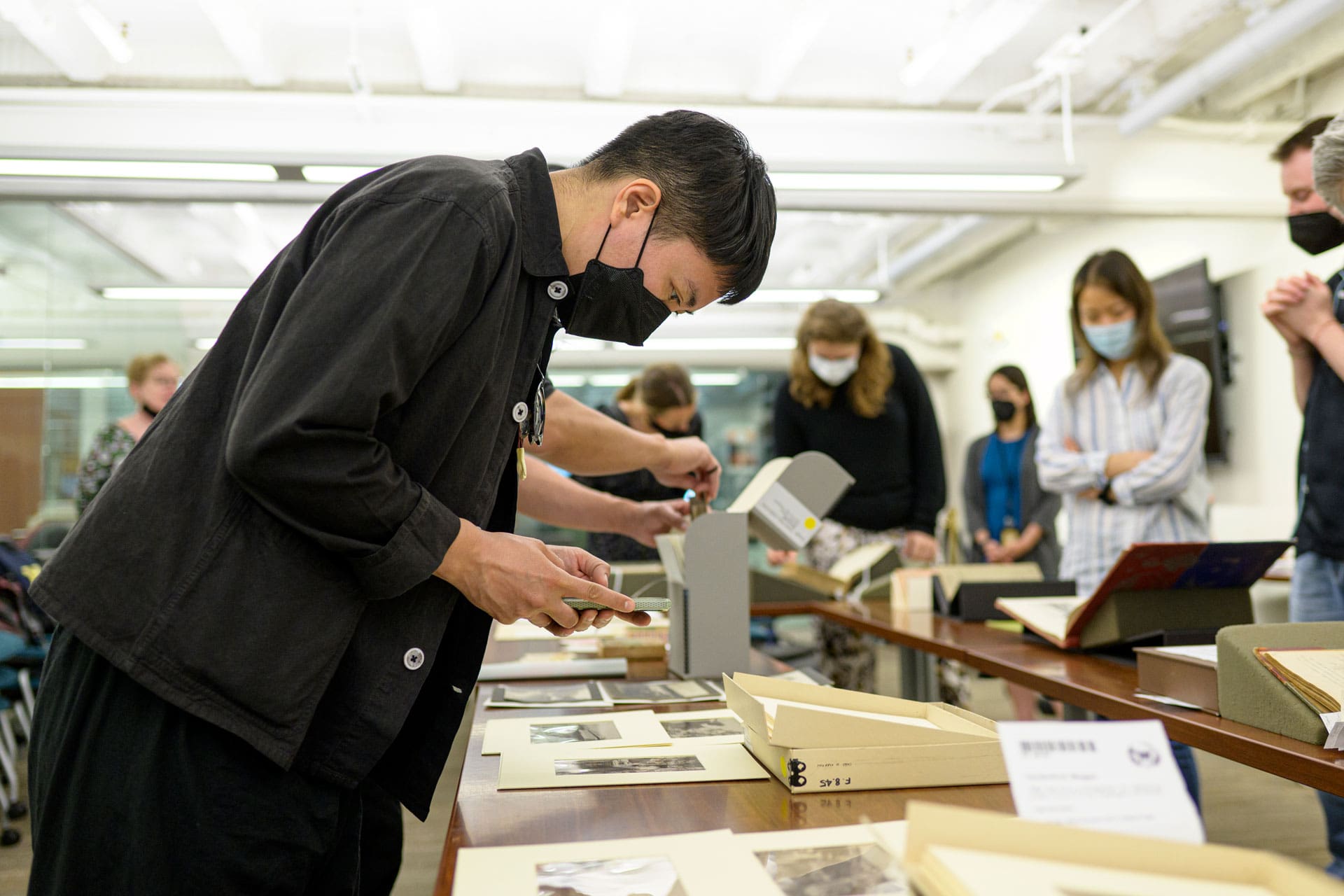
The Philippine Collections
A history of the Philippine Collections at U-M and how to connect with them.
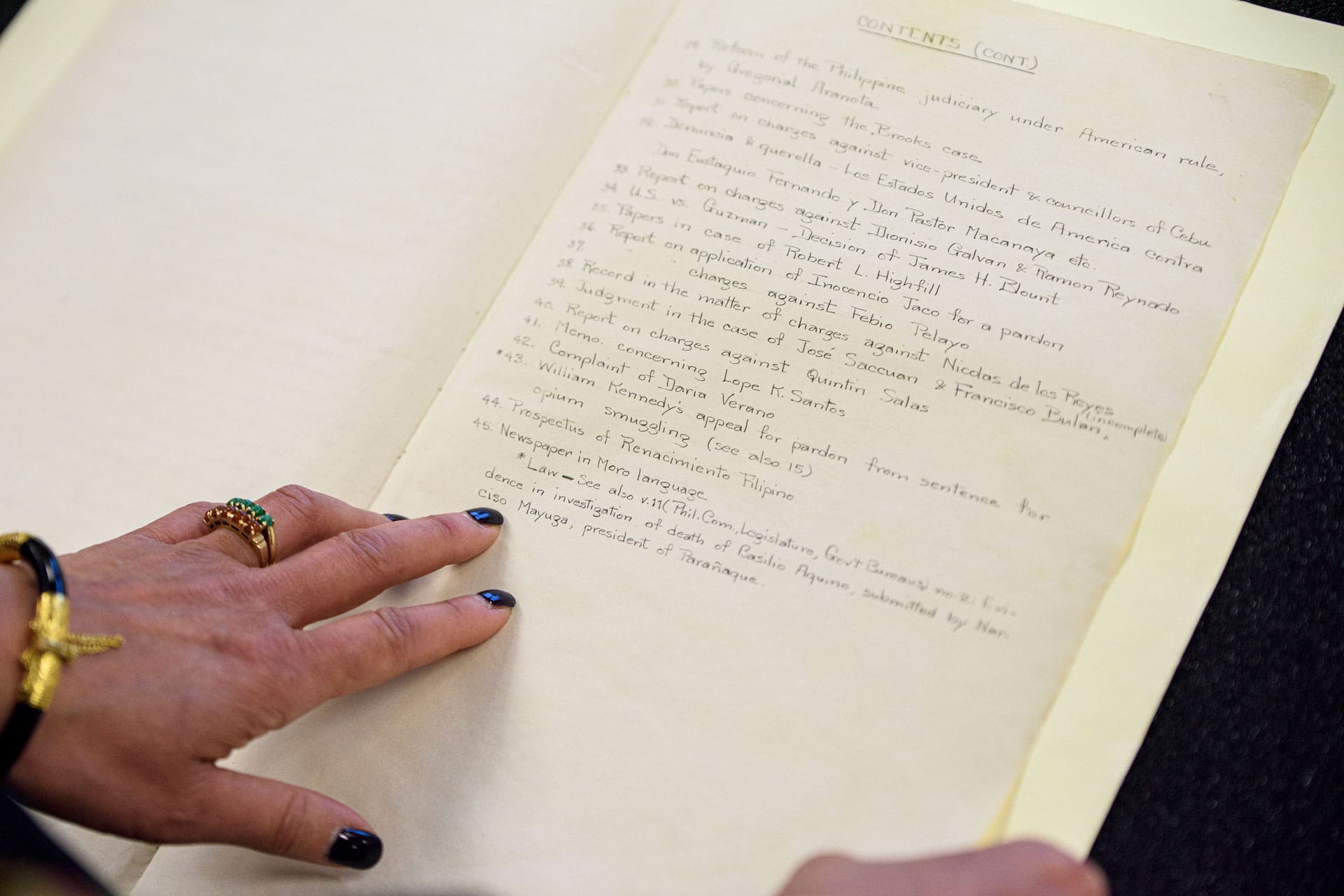
Glossary of Harmful Terms
A glossary that underscores and contextualizes iterations of harmful terminology located in collection finding aids across the U-M campus.
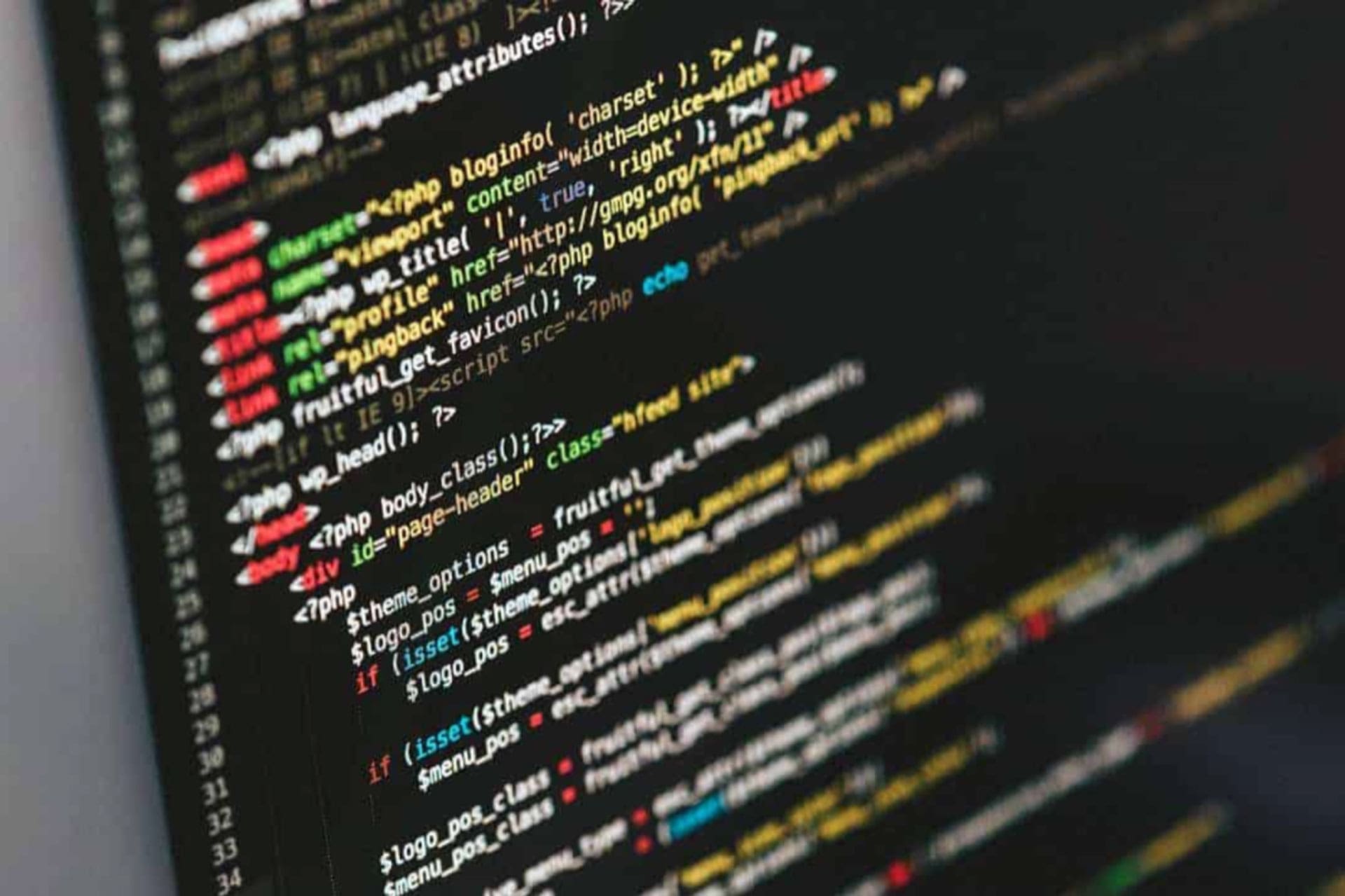
Reparative Description Analysis Tools
ReConnect/ReCollect developed a series of interactive, digital tools to analyze collection descriptions in order to support repairs to archival and library data.
Reparative Connections to Community

Our project featured an iterative and inclusive approach to community engagement with U-M’s collections of Philippine materials
This included an ongoing initiative that welcomed participation from Filipino Americans in Michigan, Filipino American artists, and Philippine-based curators and Indigenous culture bearers. The structure for engagement varied. Our initiatives included single-day visits for local communities’ interaction with a selection of materials, three artists’ residencies that encouraged creative interpretations of our Philippine collections, workshops to explore knowledge repatriation and institutional partnerships with Filipino colleagues and Indigenous Peoples, and a visit to the Philippines to turn over copies of the collections to Indigenous communities. Through these engagements, we aimed to pilot programming that fostered meaningful connections between our collections and communities of Filipino descent.
Explore the Reparative Connections to Community Toolkit:
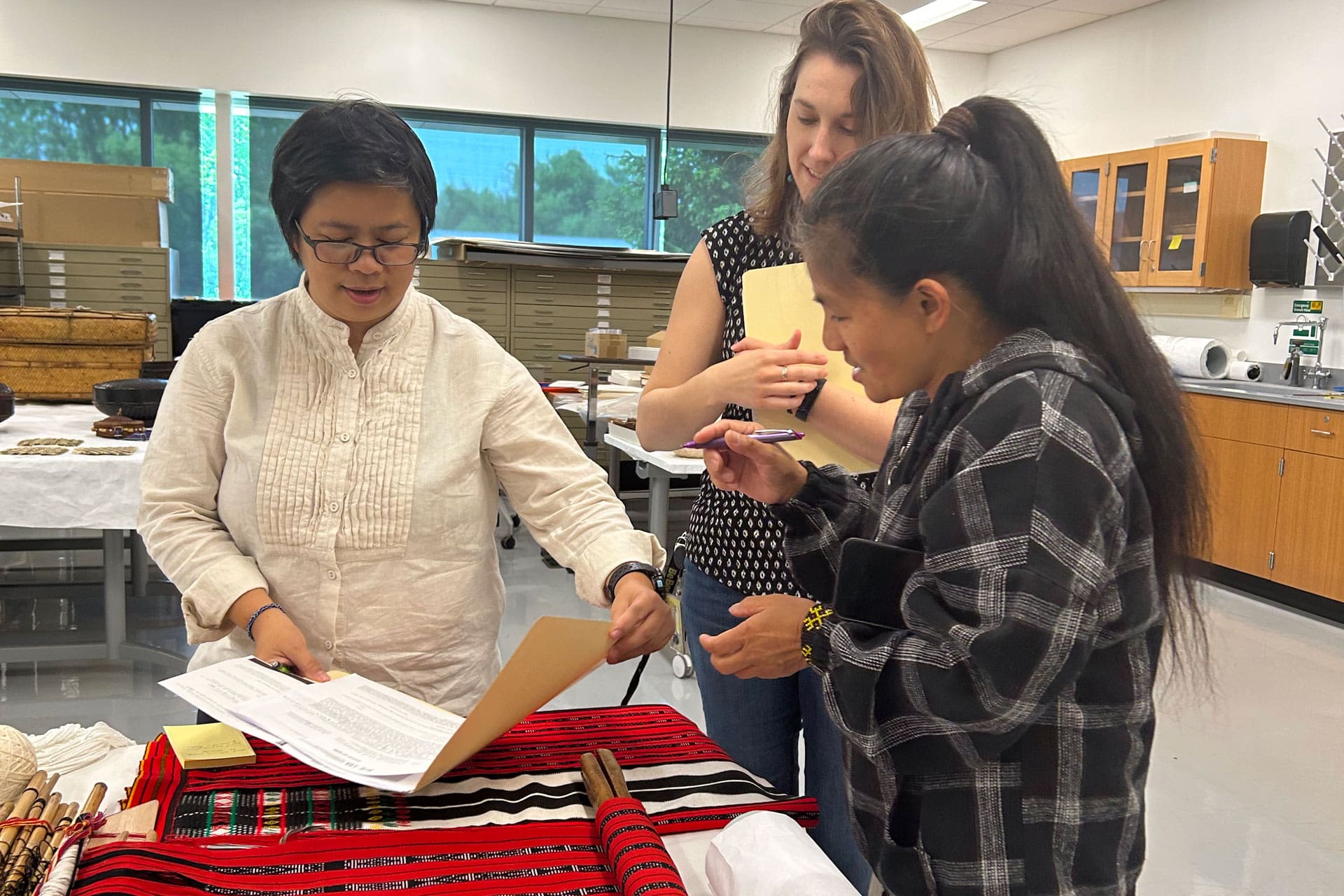
Hosting Artists and Culture Bearers
Reflections and recommendations for hosting artists and culture bearers in Philippine colonial collections.
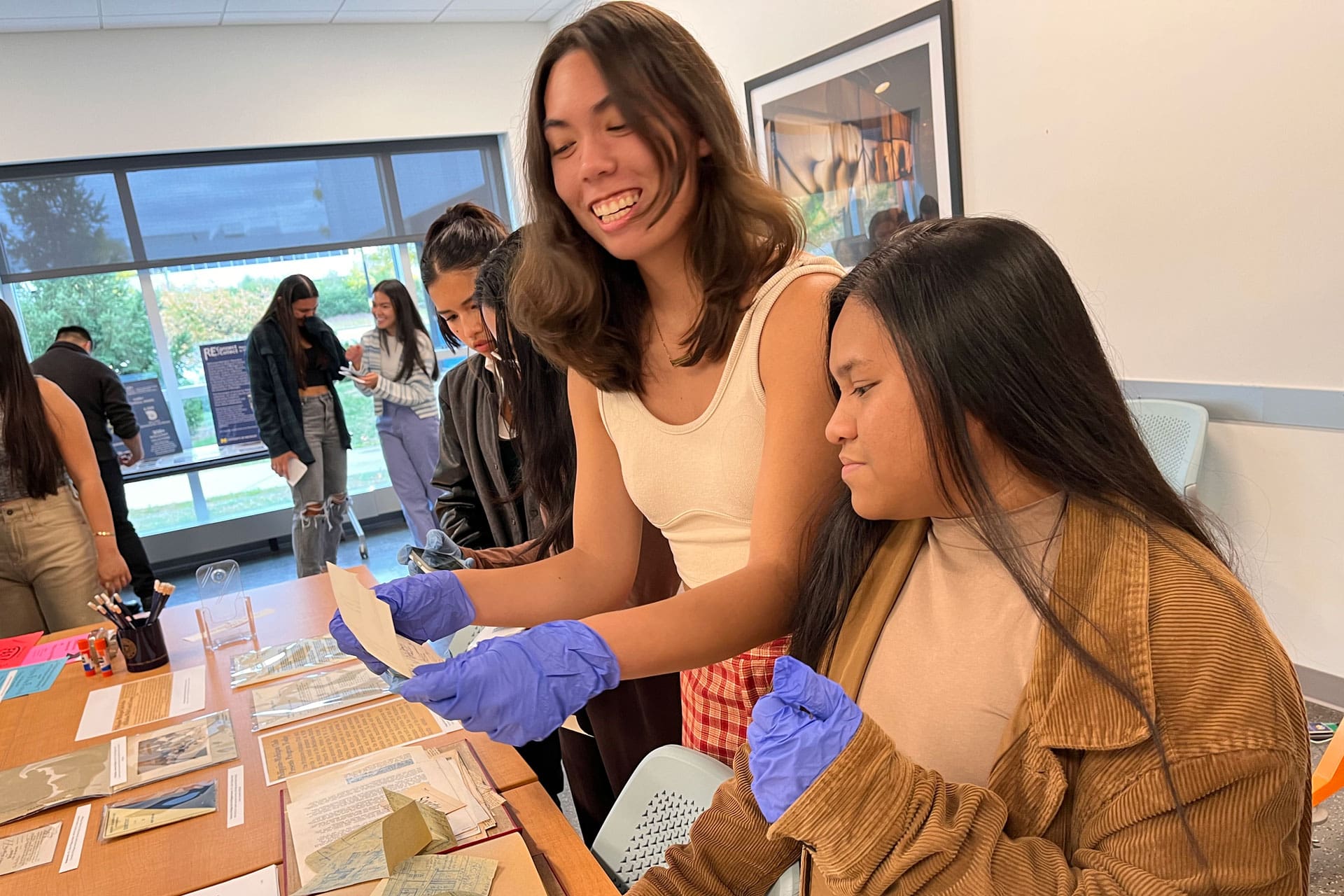
Community Engagement
Reflections and recommendations for creating local opportunities for community engagement with the collections.
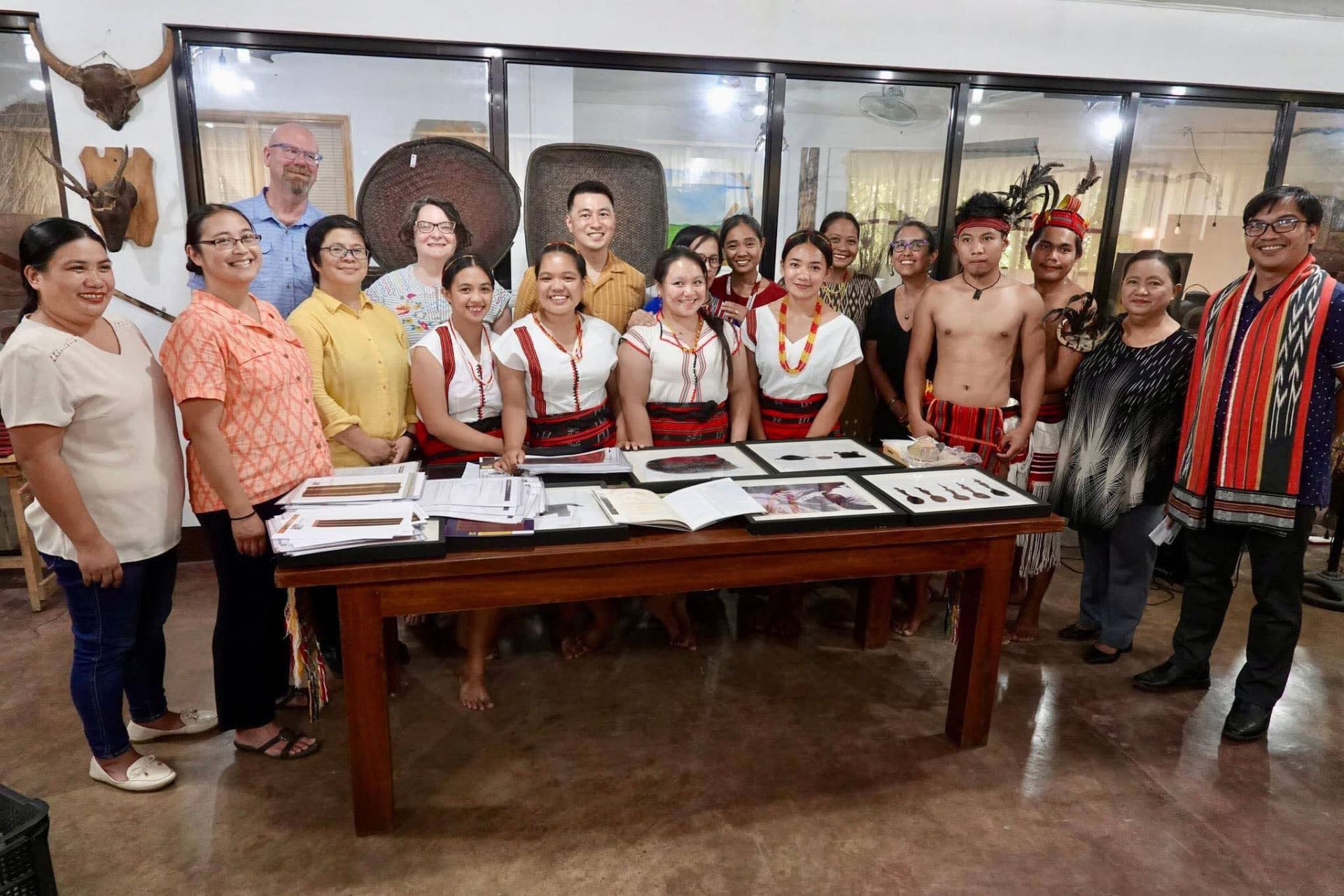
Sharing Collections: ReConnect/ReCollect Goes to the Philippines
Reflections and recommendations based on the turn over of digital and physical copies of Philippine collections to Indigenous communities of the Cordillera in August 2023.
Reparative Scholarship

Reparative Scholarship refers to a multidisciplinary and decolonial approach aimed at acknowledging historical injustices, addressing colonial legacies, and fostering a respectful and equitable engagement with the materials within the university’s collections.
This approach– which includes our research regarding the Philippine human remains in the collection as well as a K-12 curriculum and resource guide– recognizes the need to rectify past wrongs and establish new ethical protocols for the stewardship, representation, and access to these collections.
Explore the Reparative Scholarship Toolkit:
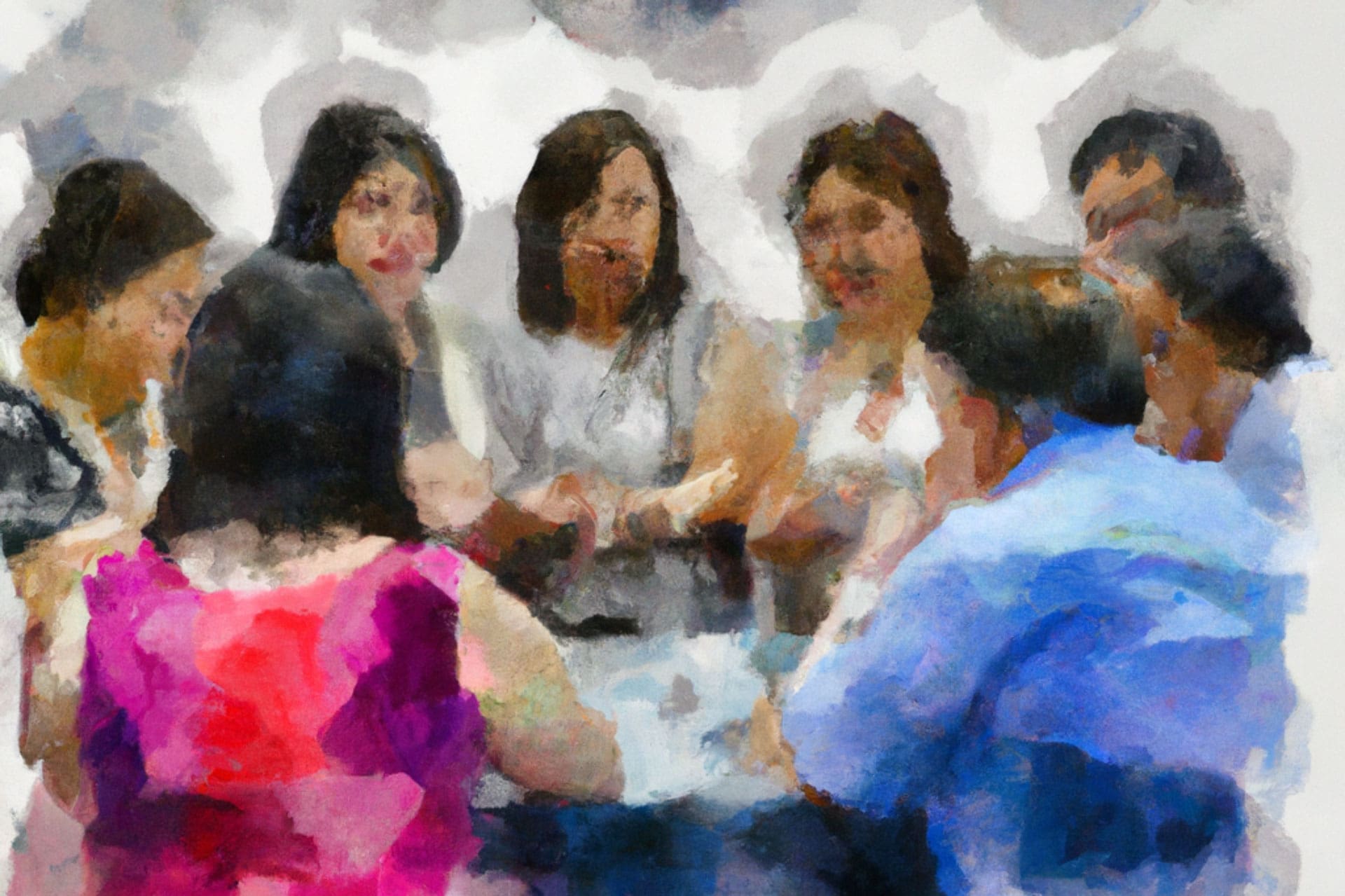
Exploring Ethical Stewardship of Unethically Sourced Human Remains
Insights and protocols from our focus-group research regarding human remains in the Philippine Collections at U-M.
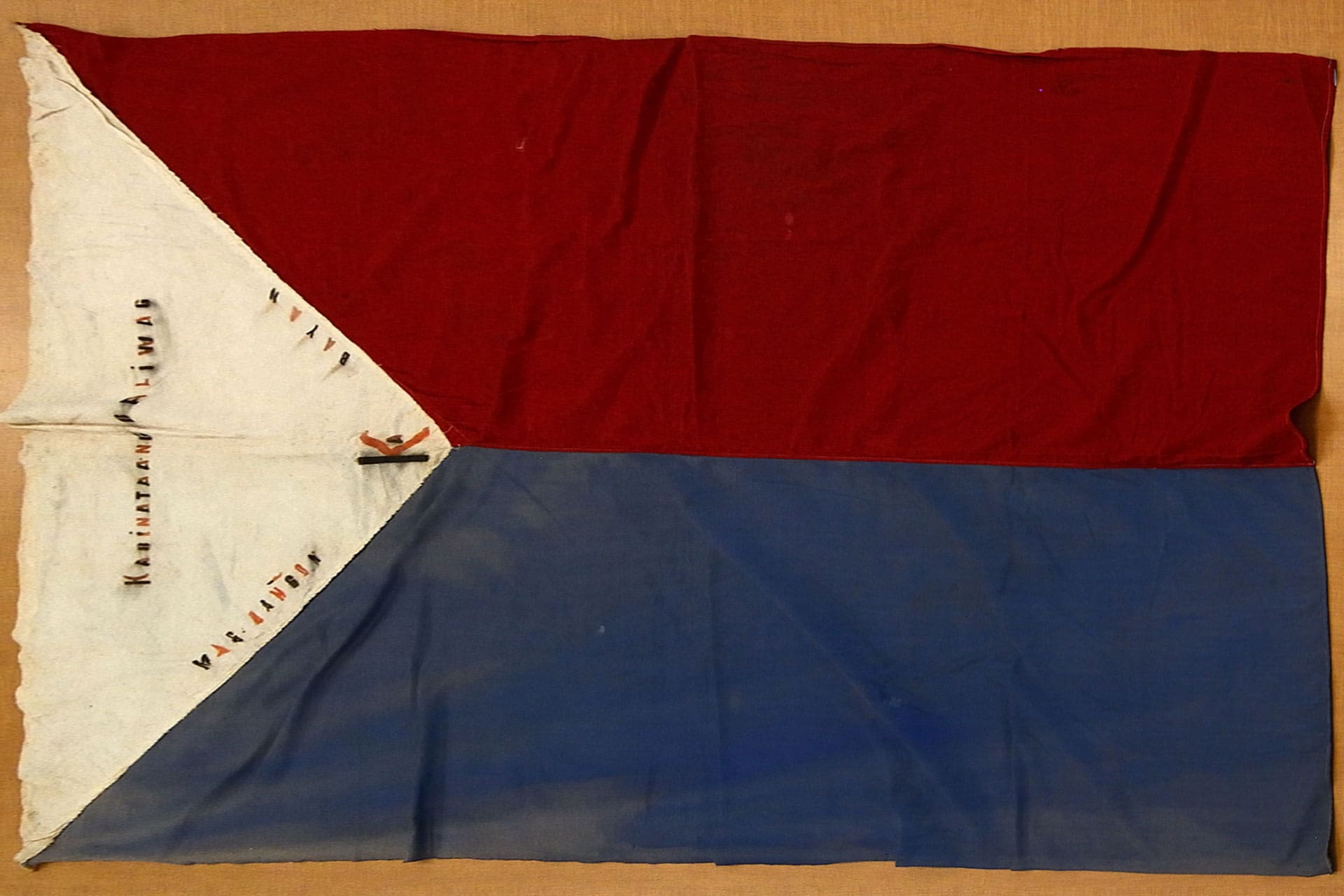
K-12 Curriculum/Resource Guides
Suggested pedagogical strategies and syllabi for teaching about US empire using decolonial approaches and materials from the imperial archive.
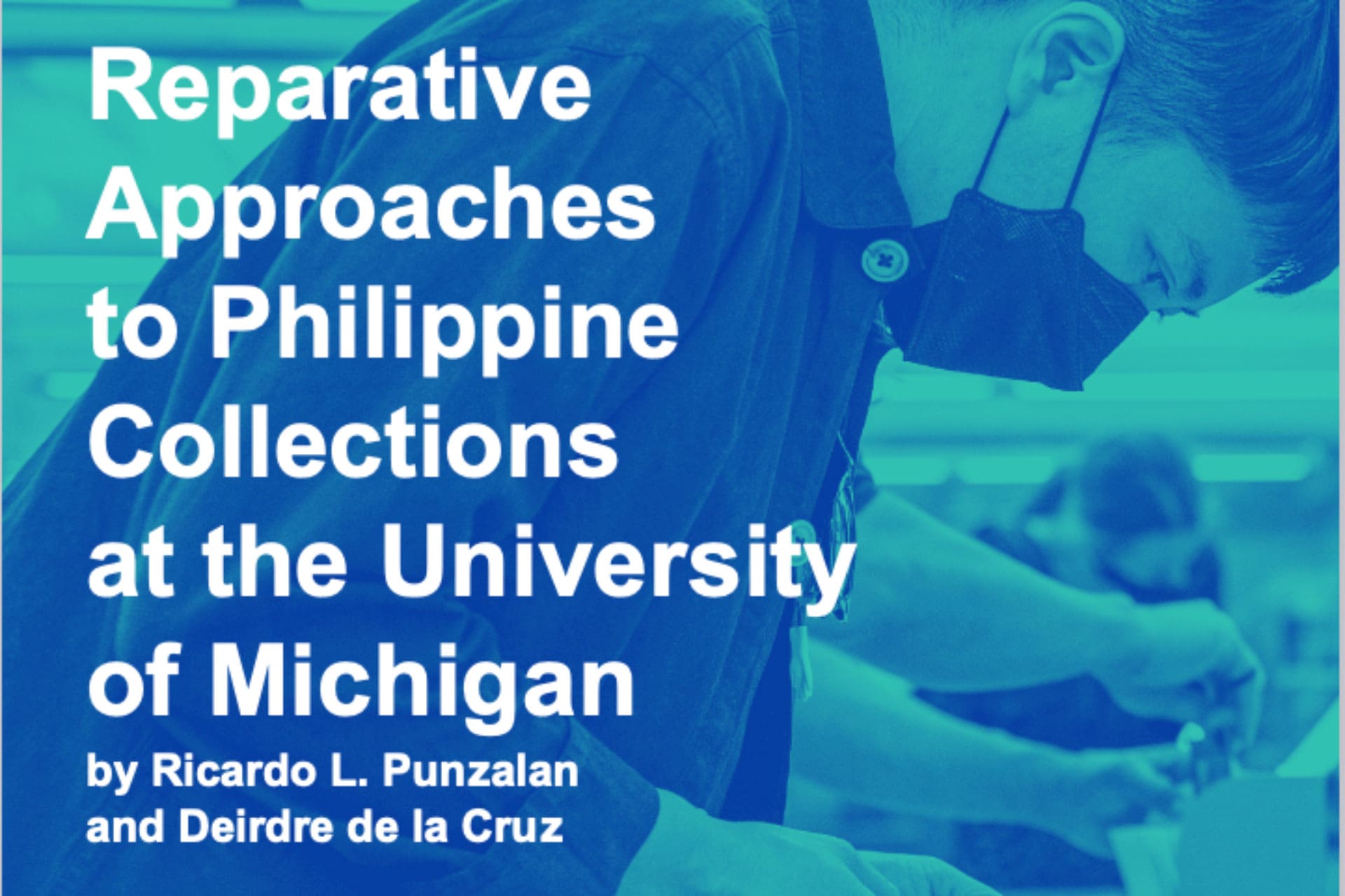
Museums International Journal Article
Ricky Punzalan and Deirdre de la Cruz publish a co-authored piece on ReConnect/ReCollect for a Museum International Journal special issue on “Decolonisation.”
